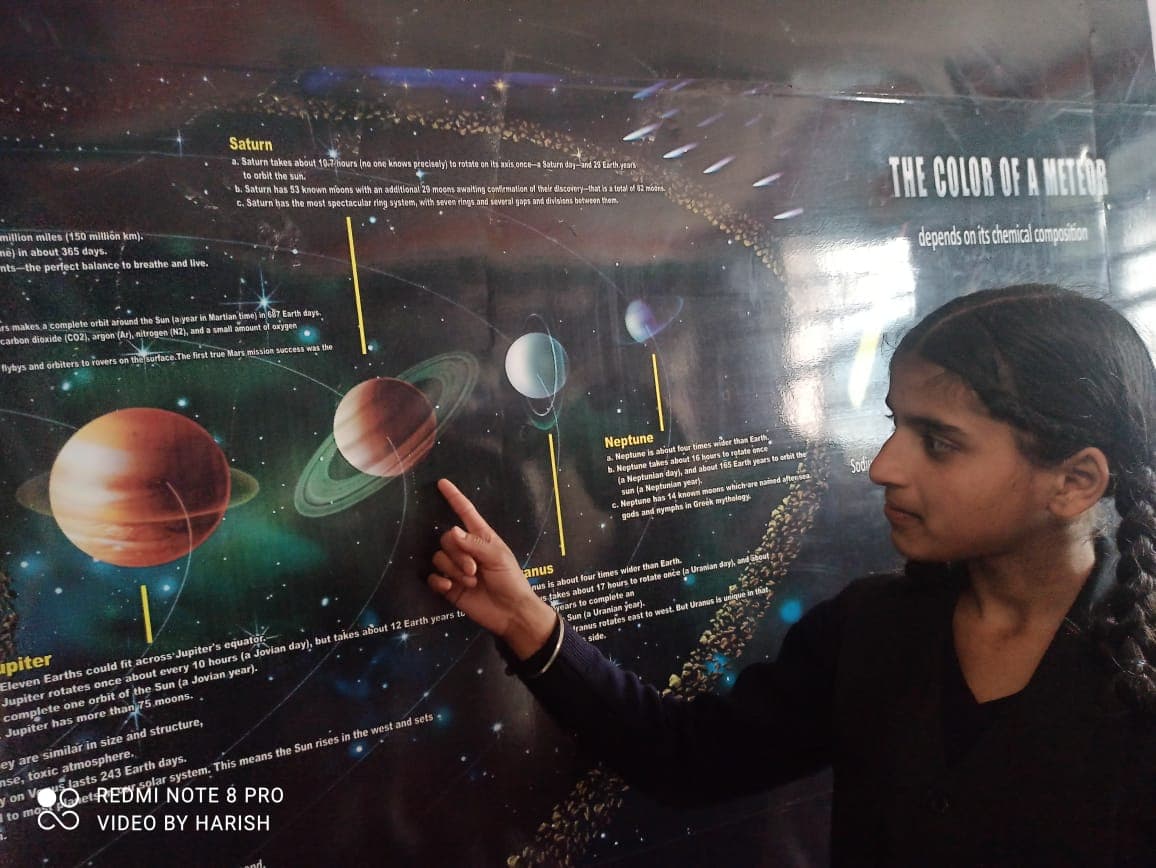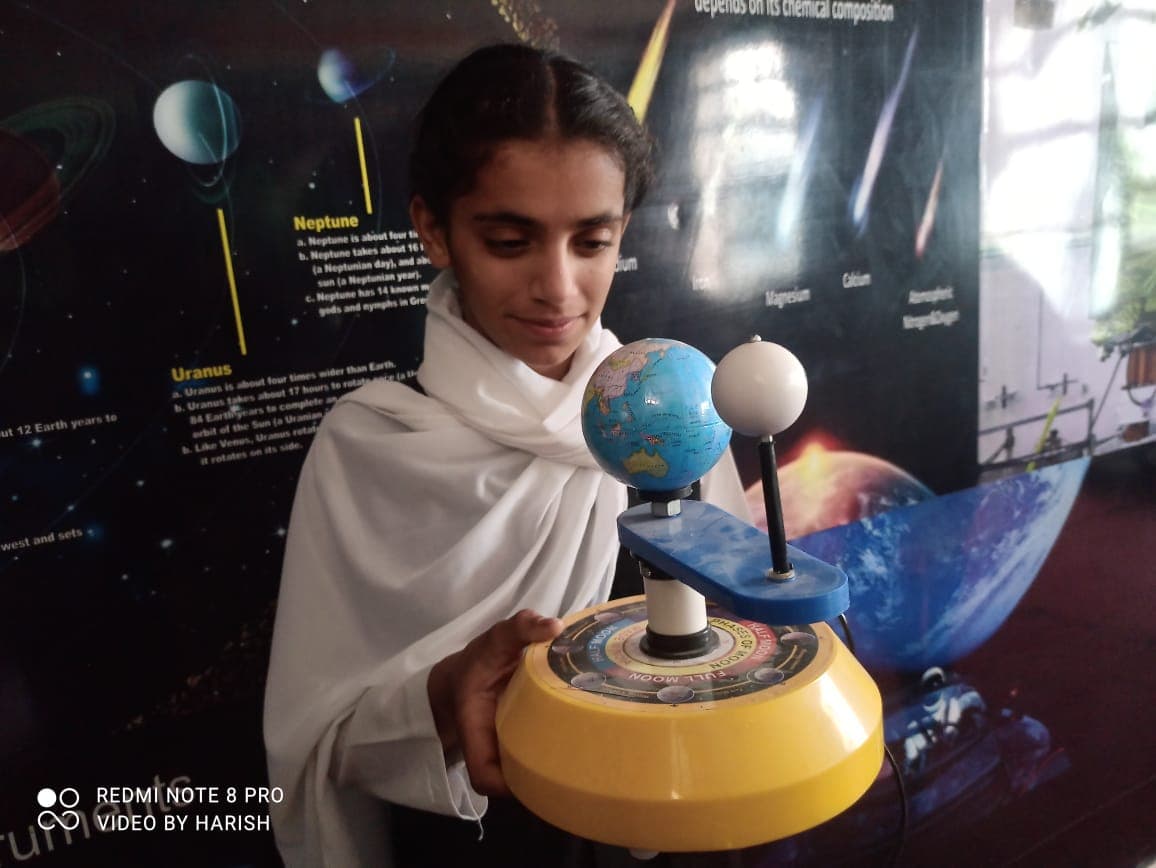Our Remarkable Journey
The formal education system in district Poonch dates back to the 19th century during the Dogra rule. However, it was during the British colonial period that modern educational institutions, including schools, were established in the region. The Dogra rulers, particularly Raja Sukhdev Singh, played a significant role in promoting education in district Poonch. In 1924, Raja Sukhdev Singh opened the first school up to the 3rd standard in the village of Jhulass, which was later upgraded to the 5th standard. Shri Laxmi Chand and Shri Ibrahim served as voluntary teachers in this school. Unfortunately, in 1947, Pakistani terrorists entered the village, burning down the primary school and destroying all records. The villagers were forced to migrate to Poonch city, and it took eight years for them to return to their homes. In 1955, the school was reconstructed by the villagers, and the government reopened it as a primary school on September 21, 1955. Twelve students were admitted in the first batch, and Mr. Moti Ram, a resident of Jhulass, was appointed as the first teacher.
The school saw significant progress over the years. In 1968, it was upgraded to a middle school, and a decade later, on May 23, 1978, it became a high school. At that time, it had the distinction of being the first school of its kind in the district under the leadership of Headmaster Mohan Singh Wazir. Mr. Wazir was not only an excellent administrator but also a dedicated teacher who personally taught more than five classes daily. His contributions left a lasting impact on the students of Jhulass. He played a key role in developing the school's infrastructure and shaping the lives of many students, preparing them for future challenges. Several local teachers, including Master Laxman Dass, Master Mulkh Raj, HM Abdul Rehman, HM Ujager Singh, and others, contributed to the growth of the school before being promoted, transferred, or retiring from various positions.
After 40 years, the school achieved another milestone when it was upgraded to a higher secondary school on June 9, 2018, through order No. 735/Edu of 2018, with UDISE No. 01110400202. Initially, it remained under the supervision of Mr. Vijay Puri, Principal of HSS Chandak. A year later, Mr. Makhan Lal was appointed as the first principal of the school, followed by Mr. Rayaz Ahmed Mir as the second principal, and Mr. Ramesh Chander Sharma as the third. Presently, he continues to lead the institution into a new academic session, striving to uphold its academic excellence and legacy.
This school has produced numerous soldiers, professionals, and distinguished personalities who have brought pride to the village. Around three percent of Jhulass residents prefer to join the army. Notable figures include Hav Yogal Kishore, Subedar Lakh Raj, and Hav Hans Raj Bakshi, who sacrificed their lives for the nation in the Kargil sector and the Kaluchak attack. Other outstanding alumni include Dr. Vickrant Sharma, XEN Surjeet Singh, SSP Mohammad Ishtaq (JKPS), Dr. Gulshan Sharma (JKAS), Dr. Raj Kumar, Deputy Director Ravi Kumar (JKEP), Ankur Sharma (JKPS), DSP Mohammad Aslam, Inspector Zia Ul Rehman, Captain Shagun Sharma (CDS), Engineer Manpreet Singh, Engineer AP Singh, Professor Pankaj Chibber, Professor Parmjeet Singh, and Principal MP Sharma. The current staff is working tirelessly to maintain the school's legacy and enhance its academic standards.
Meet Our Students
Our founders believed in the power of education to transform lives. They envisioned a school that would provide equal opportunities for all.

Student of Class 9th
Education is the key to unlocking endless possibilities. At Government HSS Jhulass, Our Teachers aim to empower every student with knowledge and skills.

Student of Class 10th
Our school started this journey with a vision to create a hub of learning where every child can thrive and succeed beyond boundaries.
Our Missions Drive Us
Empowerment
Innovation
Community Impact
Inspiring Vision for Future Education
Our vision is to become a center of excellence that fosters holistic development, innovation, and global citizenship among students.